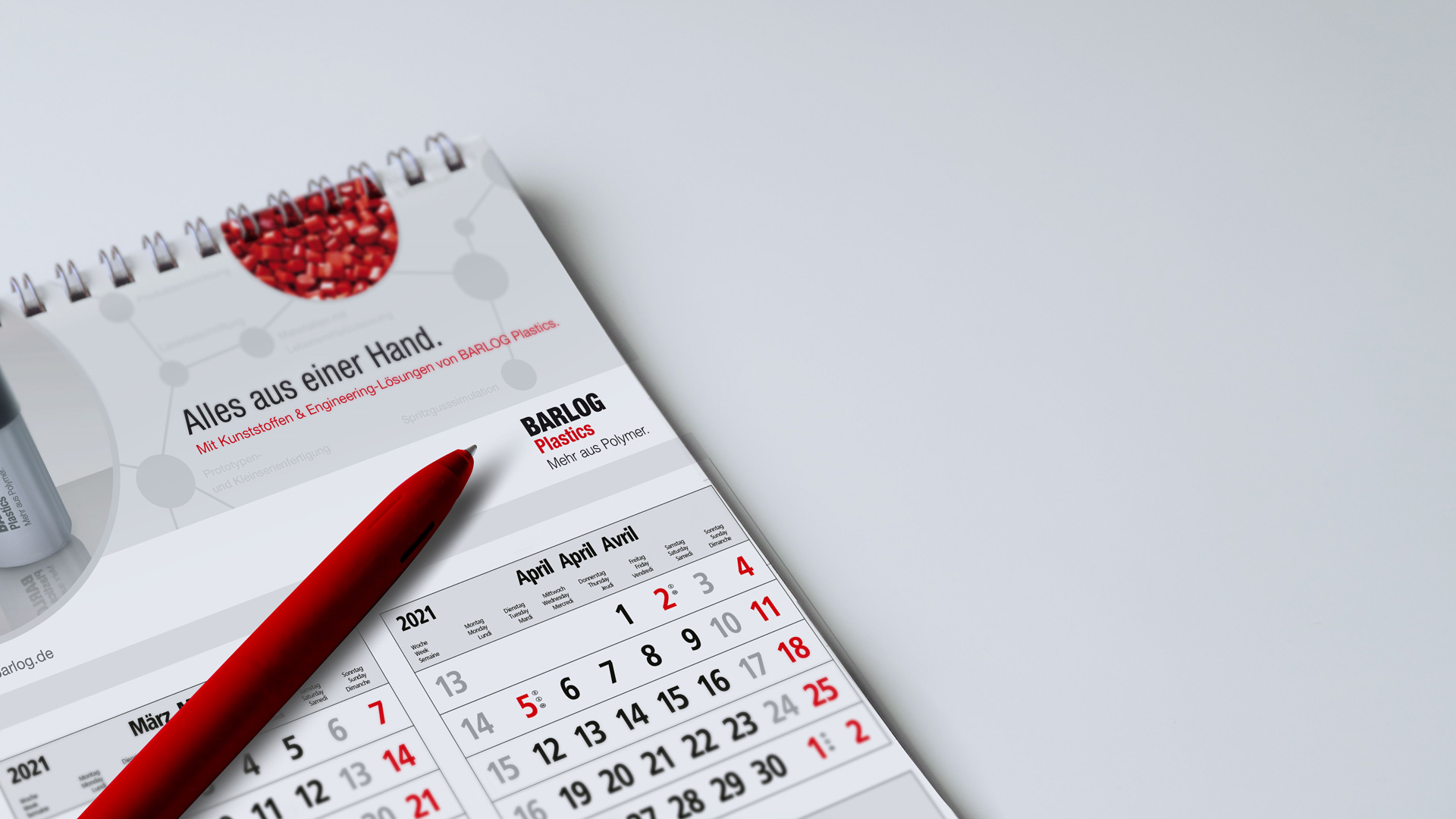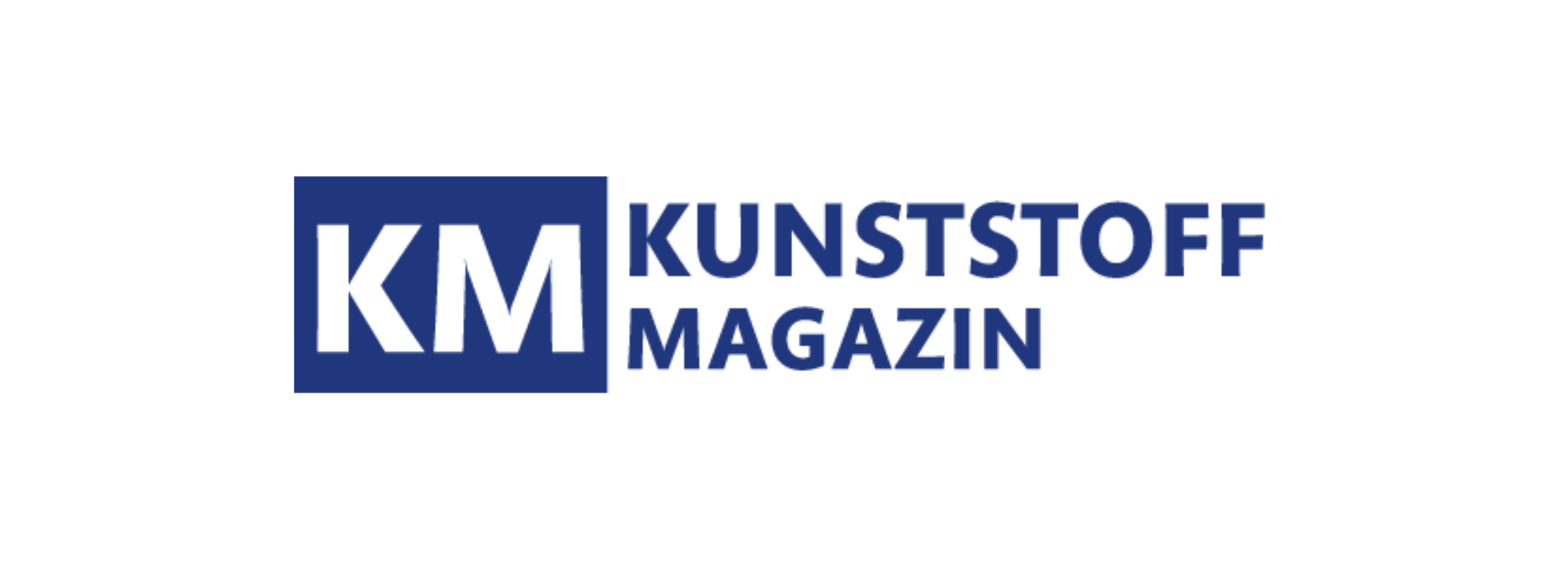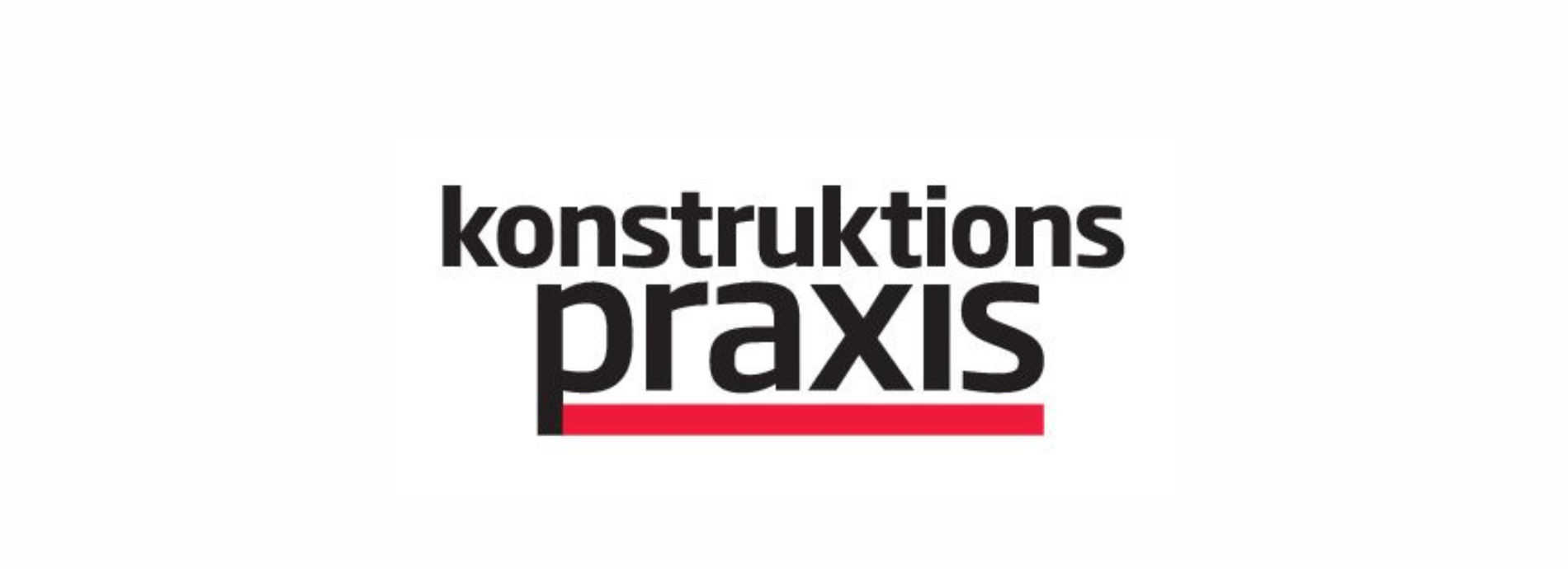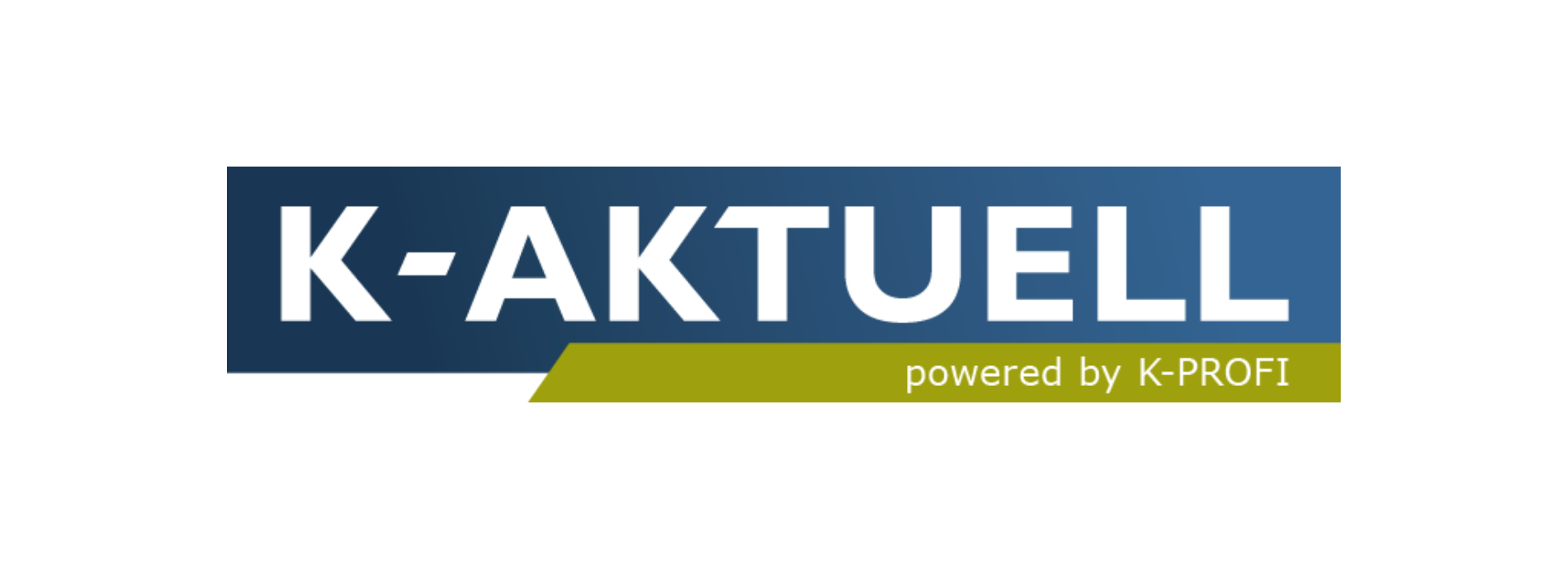Close cooperation with Bonn-Rhine-Sieg University of Applied Sciences’ motorsport team brings young engineers victory in Cost Report
Lightweight construction and function integration are an important topic, especially in electromobility in automotive engineering. After all, a lower weight means a longer range. At the same time, however, economic efficiency must not be lost sight of.
The international Formula Student design competitions, in which interdisciplinary student teams from universities around the world compete to build fast racing cars, are an experimental field for particularly excellent lightweight design concepts. Electric vehicles form their own category here. The 2021 electric racing car of the Bonn-Rhein-Sieg University of Applied Sciences “BRS Motorsport” team recently took first place in the Cost Report competition discipline at Formula Student Germany – among other things, with an injection-molded battery cell holder made of our thermally conductive compound Kebablend/TC. In Spain, the vehicle even took an overall victory.
BARLOG Plastics promotes the masterpiece of BRS Motorsport e.V.
“The battery cell holder is the first injection molded part developed in-house that has been used in the Formula Student series to date,” explains Tobias Haedecke, Head of Engineering & CAE at BARLOG Plastics. “We have been sponsoring BRS Motorsport for years and saw the desired application as an ideal introduction to plastic product development for the students.”
The battery cell holder is an essential component that holds the round cells of the air-cooled battery securely in place, even under tough competition conditions. “The development of the now award-winning vehicle as well as the energy storage system was carried out by the racing team; however, we opened up access to our proven CAE services to the students and provided support in material development,” Haedecke explains BARLOG Plastics’ part in the project. Furthermore, in addition to determining the necessary material properties in the laboratory, the molded parts injection-molded at BARLOG Plastics were analyzed in detail by means of computer tomography in the company’s own “Metrology” department. The results worked out were discussed and evaluated together.
“In this way, the students were not only introduced to modern injection molding technology in a practical way. With Kebablend/TC, we also worked with them to select a fiber-reinforced BARLOG Plastics compound that has an electrically insulating effect, but at the same time qualifies for the hot site thanks to its high thermal conductivity,” says Haedecke. “Another plus is that this compound is based on PPS, which features inherent flame retardancy. This virtually predestines our compound for use in the heart of electromobility.” A total of 144 round cell holders were installed in the battery. They help to make optimum use of the limited space, allowing the unit to be cooled well via 18 fans.
Injection molding can also be useful for small quantities
At first glance, 144 injection-molded battery cells naturally don’t amount to much: such small batch sizes can hardly justify the expense of classic injection molding production as a rule. For this reason, most Formula Student teams choose 3D-printed or handmade fiber composite components for their racing cars. What counts for the Cost Report, meanwhile, is the effort that would be required to manufacture 1,000 vehicles on an extrapolated basis. “This results in unit numbers that can of course be served extremely economically via injection molding,” says Haedecke. “With 144,000 parts to be produced, the unit prices are well below those that would have to be charged for printing processes or other techniques for the cost-effective production of small batches. In addition, the special material properties of our KEBABLEND /TC compound cannot be matched by any printing material.”
Meanwhile, the production of the small series for the article paid off even apart from large quantities. “After all, we support our customers not only as a supplier of high-performance plastic compounds,” says Tobias Haedecke. BARLOG Plastics also supplies injection molding users with the first optimized digital twins of their molded parts in line with the motto ‘From idea to series’ and provides support in product development. “Via rapid tooling, we subsequently provide design engineers and product designers with cost-effective prototypes for their initial trials with the series material.” These can be created within a few days using injection molding, thus noticeably shortening the time-to-market.
The knowledge gained and documented during small-scale production can also be used to facilitate entry into large-scale production and optimize the manufacturing process right from the start. Here, proactive defect prevention takes precedence over the usually cost-intensive defect discovery in the further development process. This service is also available to customers who want to make their existing production more fail-safe or reduce scrap.
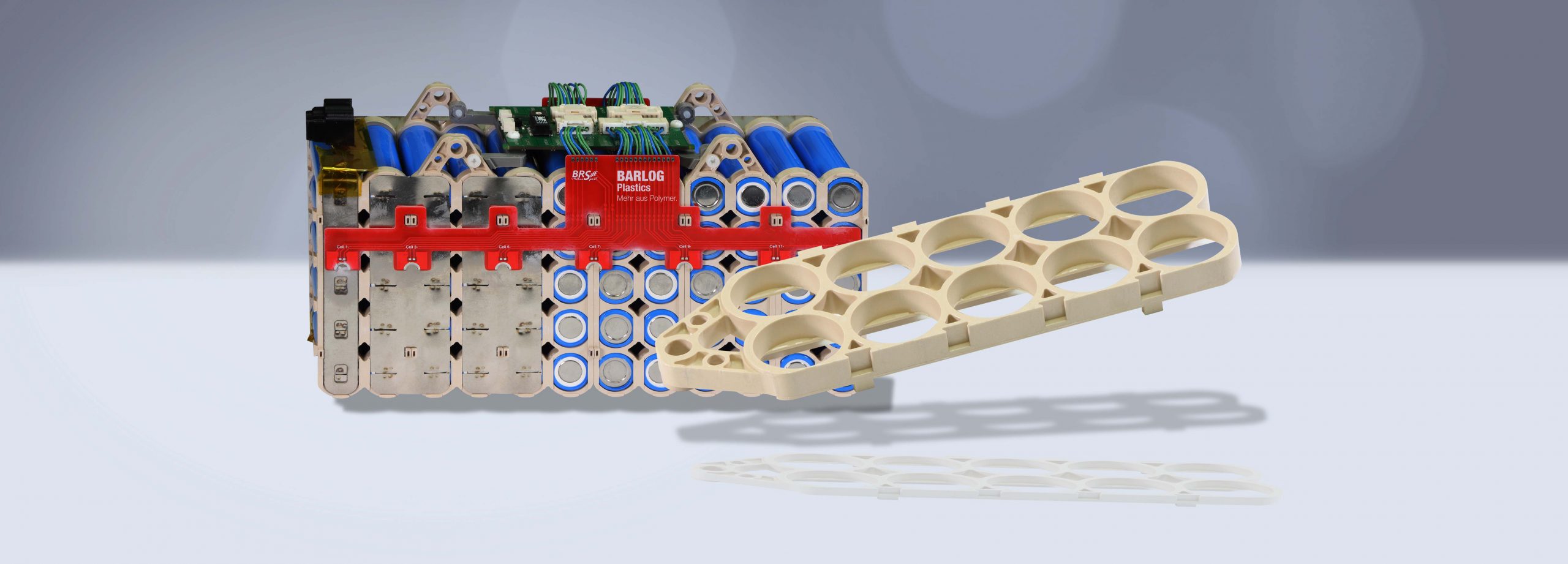
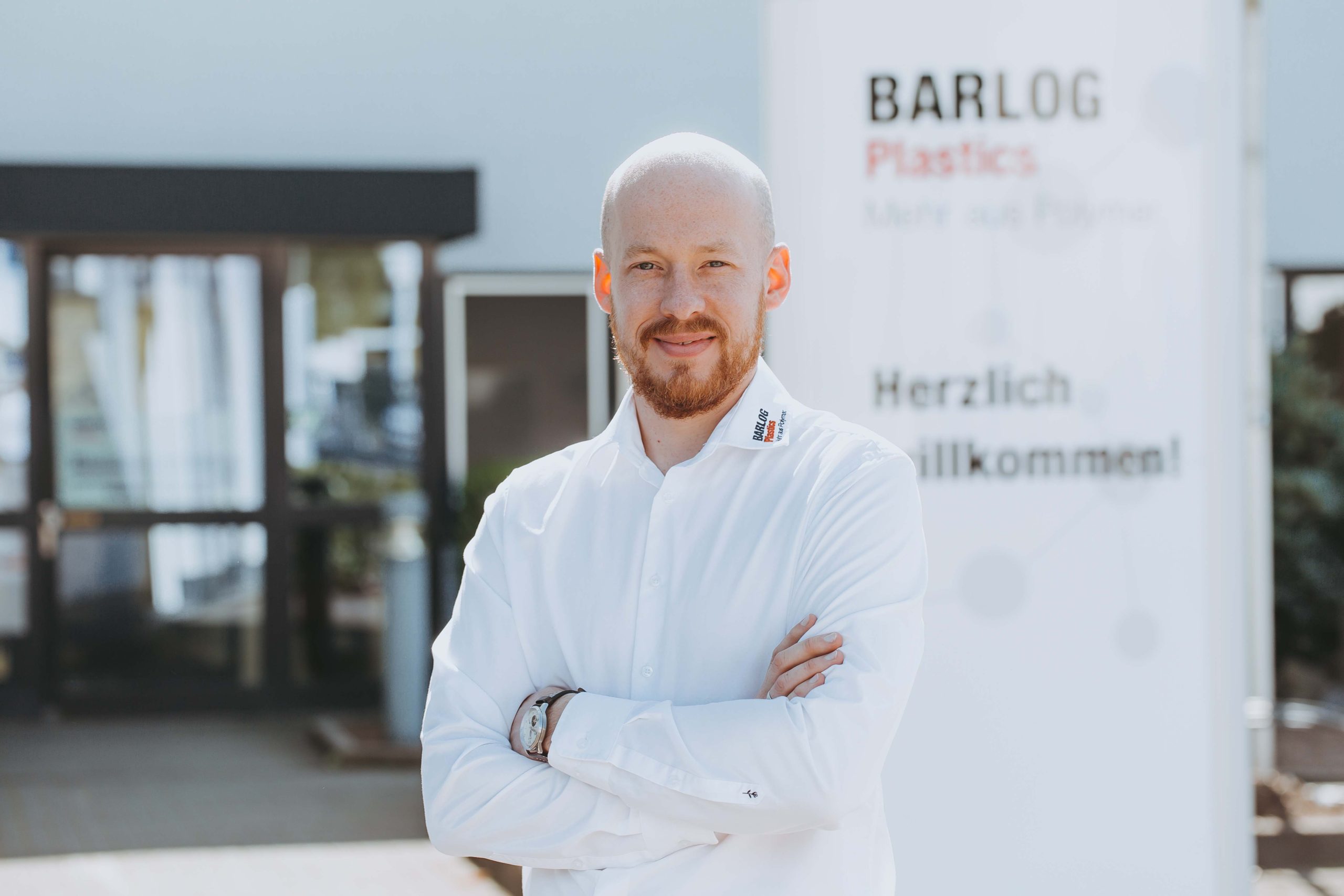
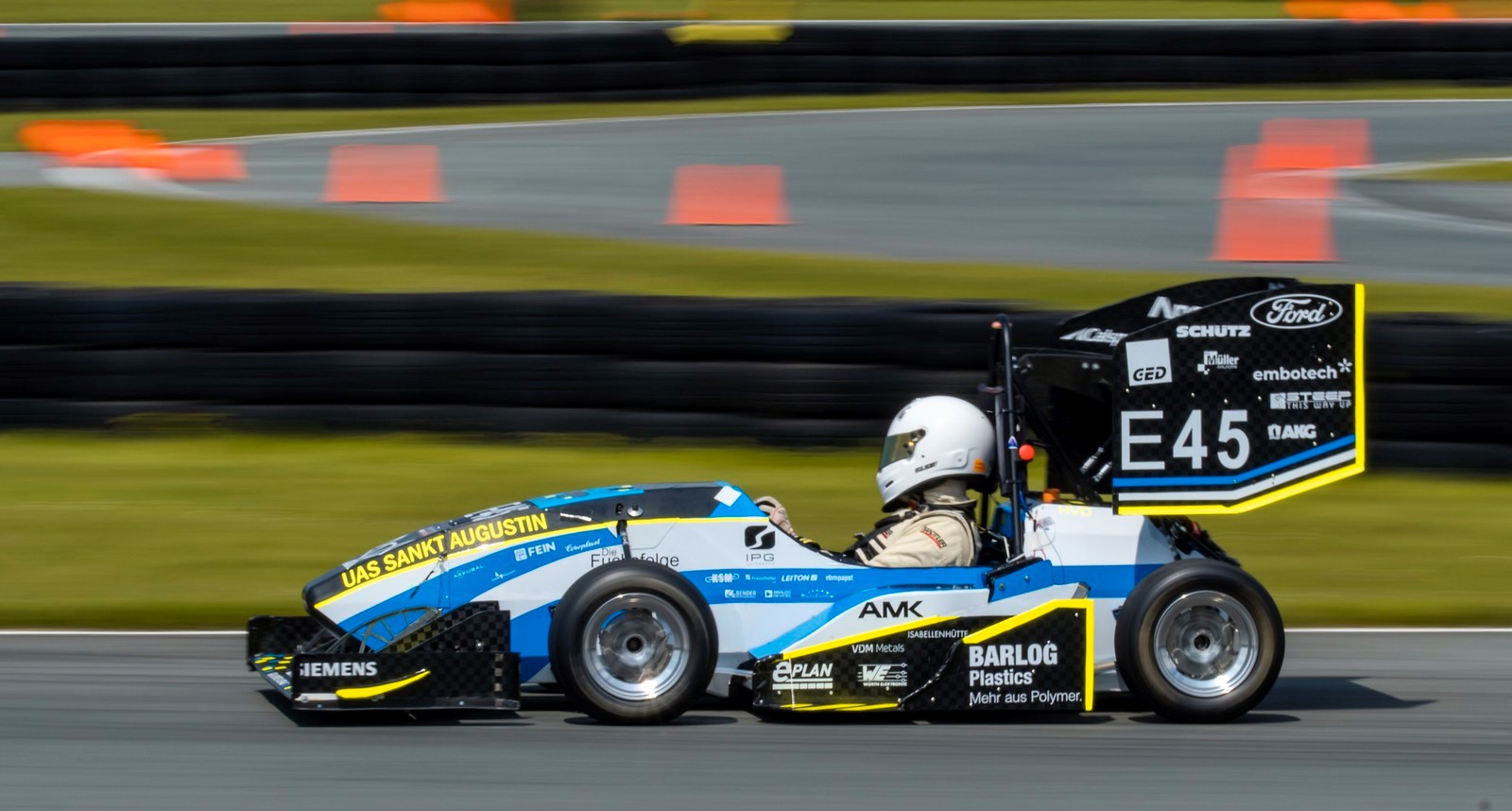

More news
